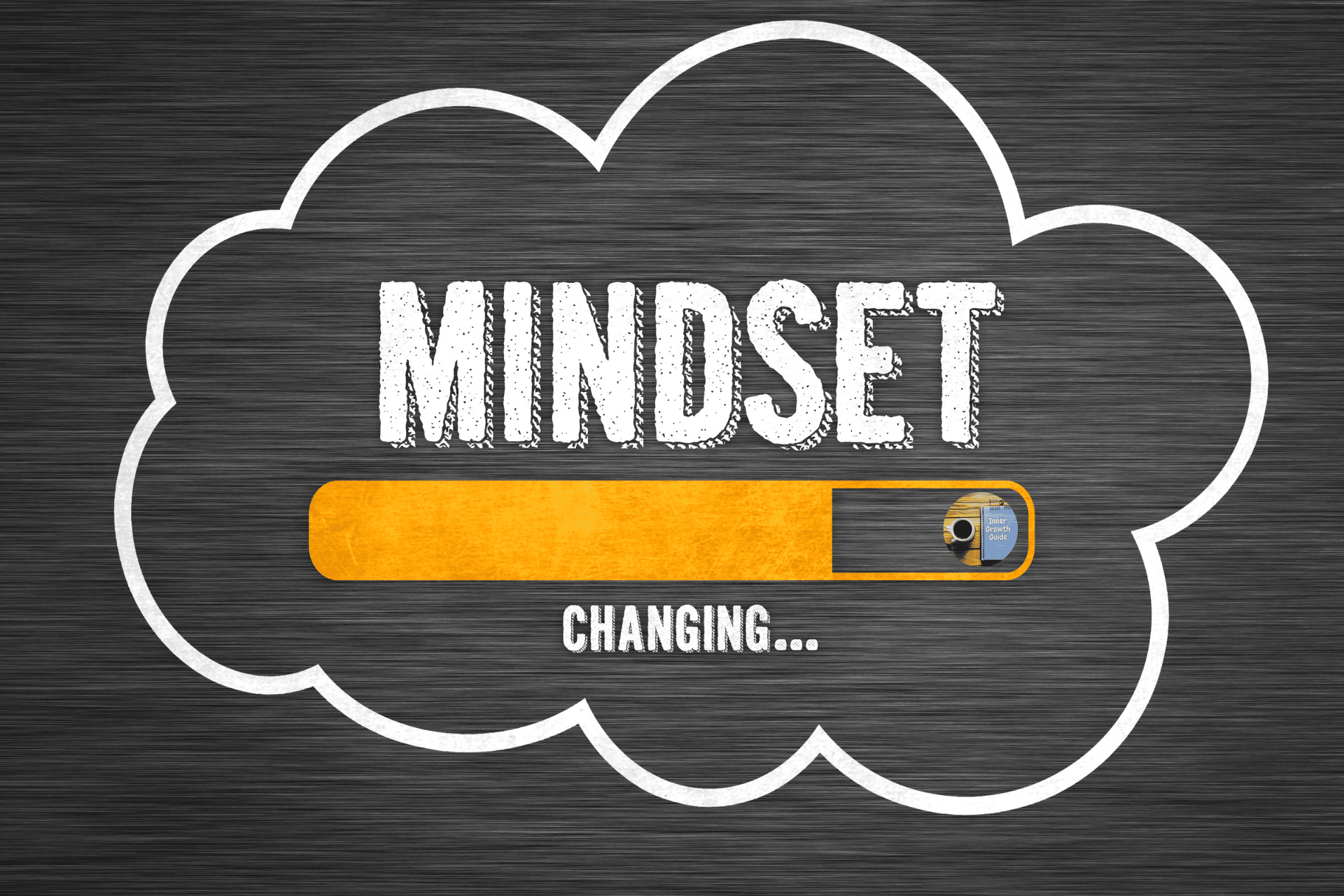Table of Contents
Introduction: Refusing to Settle
In life, we often find ourselves faced with a choice: settle for what’s comfortable or push forward toward something greater. This choice can determine the quality of our lives and how much inner growth we experience. Refusing to settle isn’t about perfectionism or endless dissatisfaction. It’s about striving to reach your full potential, embracing resilience, and committing to constant self-improvement.
Why Do People Settle?
Many people settle without realizing it, often due to deeply ingrained fears and societal pressures. Here are some common reasons why people might settle for less than they deserve:
- Fear of Failure: Fear of making mistakes, having limiting beliefs or facing rejection can paralyze us. We may prefer a life of predictability over taking risks that could lead to greater rewards.
- Comfort Zones: Humans are wired to seek comfort. Once we establish a routine, stepping outside of it can feel intimidating, even if that routine limits our growth.
- Societal Expectations: External pressures, such as the expectation to follow traditional career paths or lifestyle choices, can make us conform to a version of success that doesn’t align with our true aspirations.
- Lack of Purpose or Motivation: Without a clear sense of purpose, it’s easy to become complacent. Motivation often fades when there’s no guiding vision or goal to inspire us.
Understanding these barriers is the first step toward breaking free from them.
What Does Refusing to Settle Look Like?
Refusing to settle means actively pursuing opportunities for personal and professional growth, even when it’s uncomfortable. It’s about being honest with yourself, recognizing your potential, and making deliberate efforts to improve. Here are some characteristics of individuals who refuse to settle:
- They prioritize inner growth. They’re constantly learning, seeking new experiences, and reflecting on their journey.
- They embrace resilience. Setbacks and failures are seen as opportunities to learn rather than reasons to give up.
- They challenge limiting beliefs. Instead of letting fears or doubts hold them back, they confront these thoughts and take action despite them.
- They set meaningful goals. They’re guided by clear aspirations that align with their values and passions.
Real-Life Examples of Refusing to Settle
Consider some well-known figures who exemplify the mindset of refusing to settle:
- Oprah Winfrey overcame immense challenges, including poverty and trauma, to build a media empire and inspire millions through her advocacy for self-improvement and empowerment.
- J.K. Rowling faced numerous rejections from publishers before achieving global success with the Harry Potterseries. Her perseverance serves as a reminder that belief in your vision can ultimately triumph over obstacles.
These stories illustrate that greatness often requires persistence, resilience, and a refusal to accept mediocrity.
The Inner Growth Connection
Refusing to settle is deeply tied to inner growth. When you push beyond your current limitations, you develop self-awareness, confidence, and emotional resilience. Inner growth requires:
- Self-reflection: Regularly evaluate your life choices and ask whether they truly serve your long-term happiness and well-being.
- Goal-setting: Define clear, achievable goals that motivate you to keep moving forward.
- Taking Action: Progress requires more than just dreaming. Consistent effort, even small steps, can lead to significant change over time.
Practical Steps to Refuse to Settle
If you’re ready to embrace the pursuit of greatness, here are practical strategies to help you along the way:
- Identify areas where you’re settling: Be honest about which aspects of your life, career, relationships, health, personal growth need attention.
- Challenge your comfort zone: Start small by trying new experiences that push your boundaries. Over time, you’ll build the confidence to tackle bigger challenges.
- Reframe failure: See setbacks as opportunities to learn and grow. The most successful people often cite their failures as the foundation for their greatest achievements.
- Surround yourself with inspiration: Connect with people who embody the mindset you aspire to cultivate. Books, podcasts, and communities focused on personal development can also provide motivation.
- Celebrate progress: Acknowledge your achievements, no matter how small. Recognizing growth reinforces the habit of striving for more.
Benefits of Refusing to Settle
When you commit to refusing to settle, you unlock numerous benefits:
- Increased Confidence: Each success you achieve builds your belief in your abilities.
- Greater Resilience: Facing challenges strengthens your capacity to handle adversity.
- Fulfilment: Pursuing meaningful goals aligned with your values leads to a more satisfying life.
- Inner Peace: Knowing you’re doing your best fosters a sense of peace and contentment.
A Final Thought on Refusing to Settle
Refusing to settle is not about relentless ambition for external success. It’s about honouring your potential and nurturing your inner growth. It means choosing courage over comfort, passion over apathy, and persistence over resignation. You’re shaping a better, stronger version of yourself every time you push past your limitations.
So, ask yourself today: where in your life are you settling, and what’s one step you can take to break free? Embrace the inner growth journey and refuse to settle for anything less than your best.




